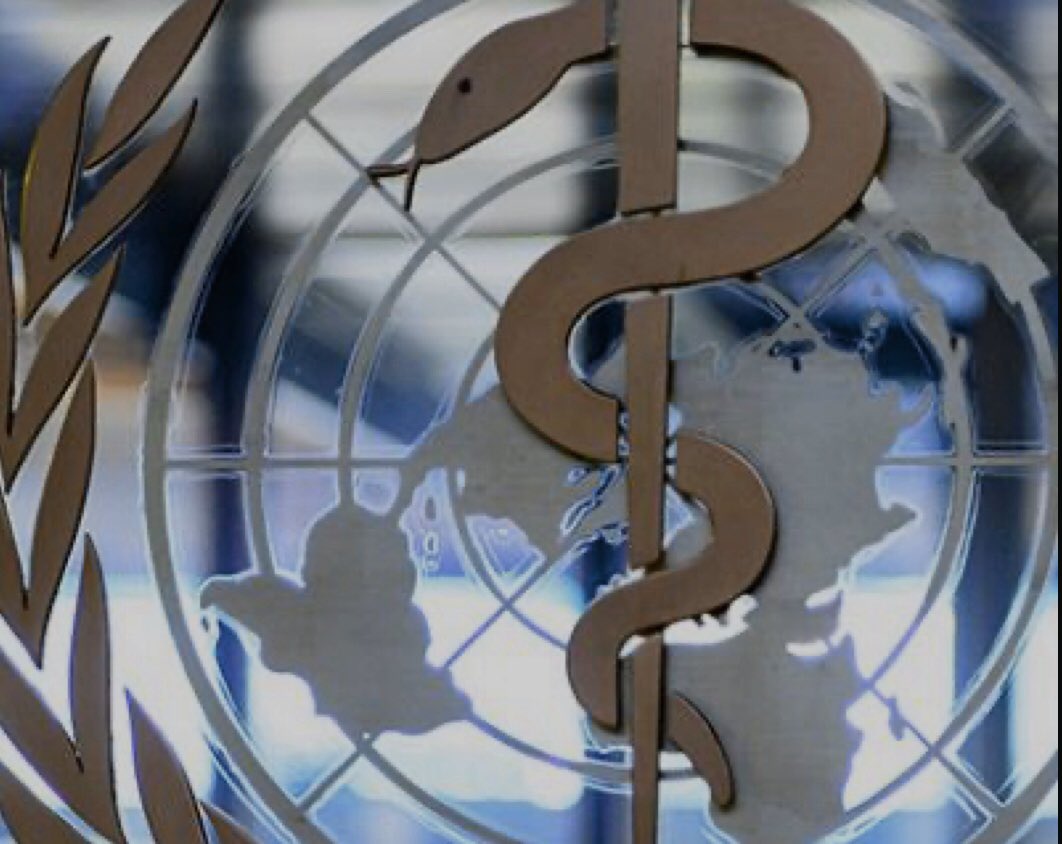The current emergency differs from many - though not all -in that it is happening relatively slowly, compared to a fire for example. A common characteristic of most emergencies is that they are uncommon and often ambiguous, especially early on. The rarity . . .
Research we conducted examining behaviour. . .
For most people the present emergency is just as novel as a underground fire. They need information and guidance. That guidance has to come from the govt and their experts. What we have seen over the last two weeks is eroding that trust.
First the govt. . .
The govt then appeared to do a u-turn on its crowd immunity approach. In reality that wasn't a . . .
Over the last 2 weeks there have been emerging problems that have eroded the important trust in the govt as the authority. It is now questioned by . . .
The reason for this is two fold. One is that they seem to again be changing approach, but this time to testing. They have changed which groups they say need to be tested. They also keep missing their own testing targets...
If not testing particular groups is the sensible approach, they need to make that case, rather than promise that they will test more, and then fail to do so.
Similar is happening with PPE. The govt is ...
The perception is therefore growing that the govt as a source of information is less . . .
If the government does not establish itself as the go-to source of guidance, people will look elsewhere, which will begin to have a hallo effect in response to other policy including social distancing and isolation, and undermine...
Note the difference in the area of the economic response of the govt, though not flawless, is generally accepted positively.
To stop this unfolding emergency turning into a disaster the govt has to (re)establish itself as being in...
There are plenty of sources of (mis)information ready to fill the vacuum; a big task is now to stop that.





